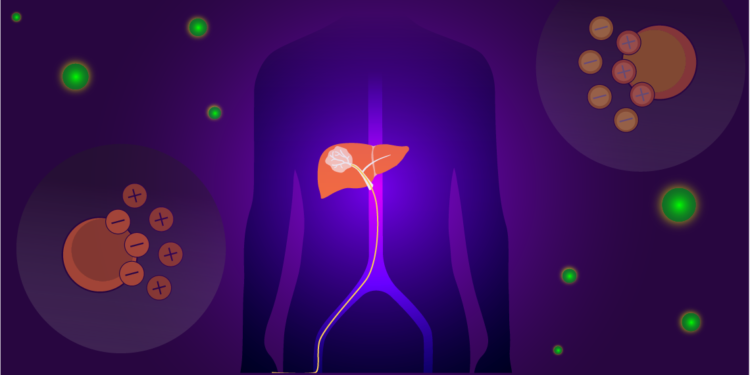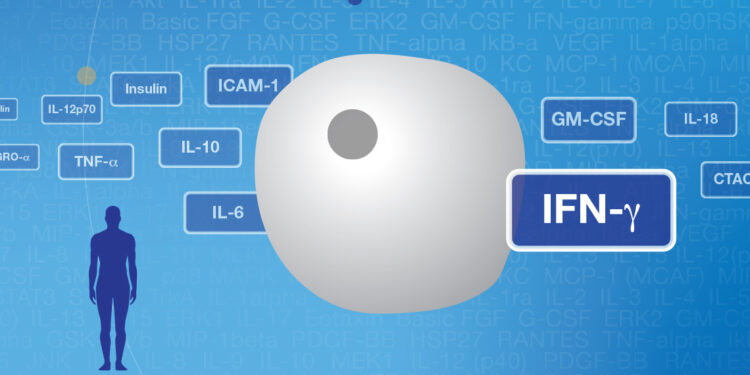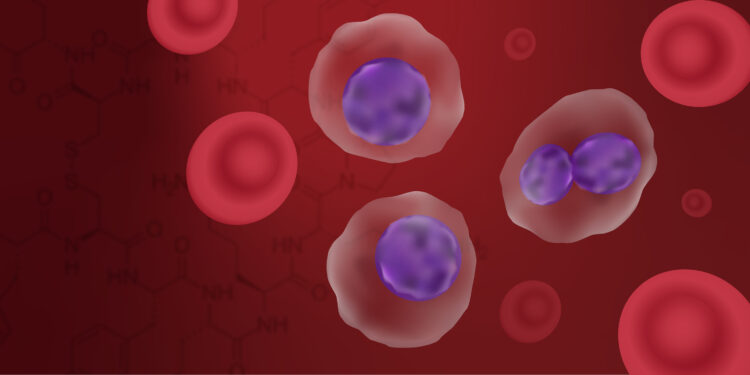
Saving Lives: Innovative Therapeutic Applications of Ion Exchange Resins

Global Lung Cancer Expert Dr. Ed Schuuring on How ddPCR Technology Powers ctDNA Analysis

Advancing Oncology Research with Immune Response Studies: The Role of xMAP-Based Bio-Plex Multiplex Immunoassays

Insights from Droplet Digital PCR World 2024

More to Learn from ESR1 Using ctDNA Analysis

CAR T-Cell Therapy and the Cytokine Storm: The Balancing Act at the Center of Next-Generation Cancer Therapies

Developing Biotherapeutics for Lung Cancer Treatment

Enhancing the Power of Microsatellite Instability Detection with ddPCR Technology

Efficacy of a Novel Treatment for Multiple Myeloma Established by Flow Cytometry


